
Recommendation
U.S. Federal Reserve Board Chairman Alan Greenspan originated using "weightless" to describe computer-powered information technology. Diane Coyle employs his metaphor to explain that the European world is afflicted with unemployment and insecurity because of the evolution from industrial output to weightlessness. Her view of the new technology’s international economic impact is distinctly European/British. She paints her strategy for managing the digital economy with a colorful but broad brush: better education, international ethical standards, governmental flexibility, liberalism. Her writing features quirky phrases, challenging sentence structure, and a few British spellings. Coyle includes surprising anecdotes and sparkling quotes from diverse sources - a valuable lexicon for further reading. getAbstract.com recommends this book to those with an eclectic, liberal, literate, European view of the difference between the U.S. economic experience and that of the rest of the world. Such a reader will be delighted here.
Summary
About the Author
Diane Coyle is economics editor of The Independent, in London, England.





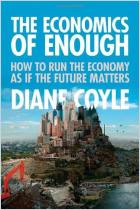


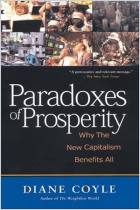

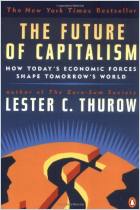
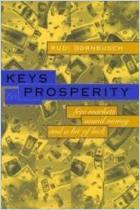

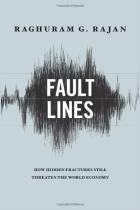




Comment on this summary